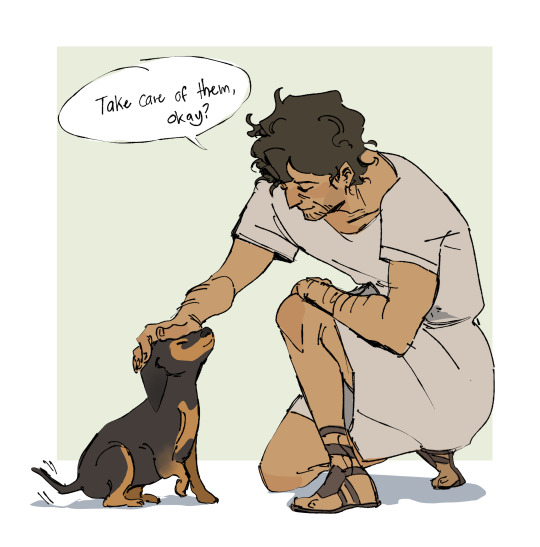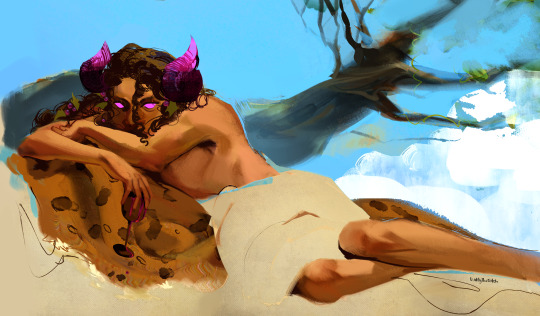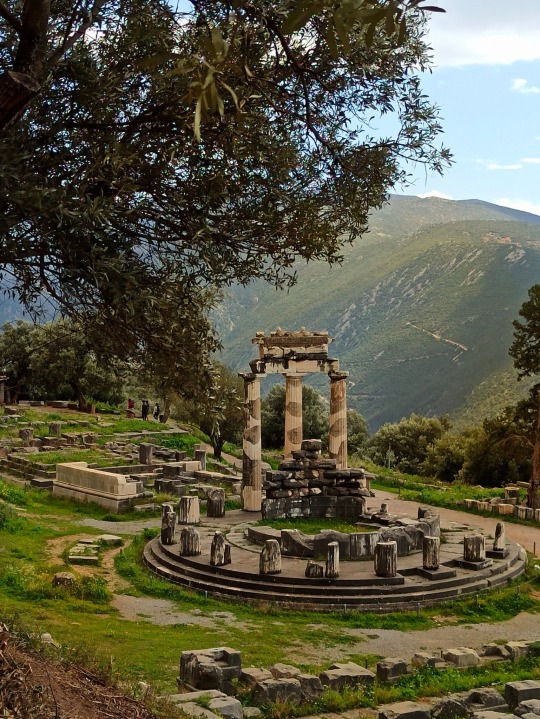just classical philology student and his shitpost about ancient greece he/him hellenistic pagan
Don't wanna be here? Send us removal request.
Text
Faciam, ut huius loci dieique meique semper memineris (Ter. Eun.801)
"I will make you remember this place, this day and me forever"
1 note
·
View note
Text
If you're in a relationship with a classical philologist, you don't celebrate Valentine's Day, you celebrate the day when the Senate proclaimed Julius Caesar perpetual dictator.

#ancient history#classicalphilology#ancient rome#ancient roman#julius caesar#roman empire#roman emperor#this is a joke
19 notes
·
View notes
Text
I'm currently learning for an ancient Greece history exam 😅

5 notes
·
View notes
Text
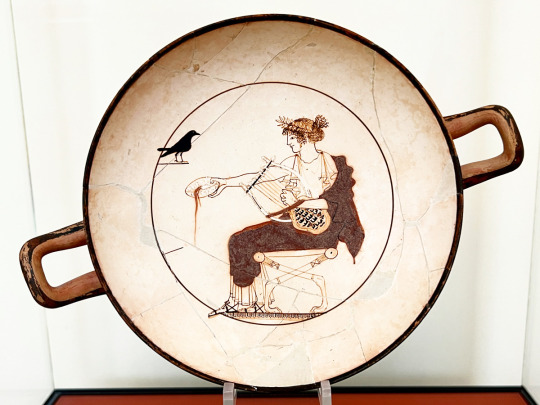
I can’t believe, literally cannot believe that I stood in the same room with this kylix. It’s Apollo playing a lyre while a crow watches and probably everyone of you has seen photos of it. It’s cracked in a few places but otherwise beautifully intact and well-preserved. The fine painted lines are so crisp and the colors are rich and bright. Zoom in and look at the sandals and legs of the stool. I only made it to the museum today; there was a lot to see, so tomorrow I’ll visit the archeological site and get to see where the Pythia sat.
25 notes
·
View notes
Text
What is this mythical Koine Greek?
•Koine is the so-called Common Greek (ἡ κοινὴ διάλεκτος, he koine dialektos - common dialect). Koine Greek began to develop when Alexander of Macedon began his conquests at the beginning of the Hellenistic era. It was created in Alexander's army because previously the Achaeans, despite speaking Greek, had different dialects (Attic, Ionic, Dorinthian, etc.) and they were different from each other, so Koine Greek was created from their amalgamations. Researchers assume that the attic dialect is the main root for Koine, but it still has influences from other ancient Greek dialects. Koine Greek replaced Classical Greek, becoming the language of trade, diplomacy, literature, and science. It began to be used at the beginning of the Hellenistic era and fell into disuse only in late antiquity.


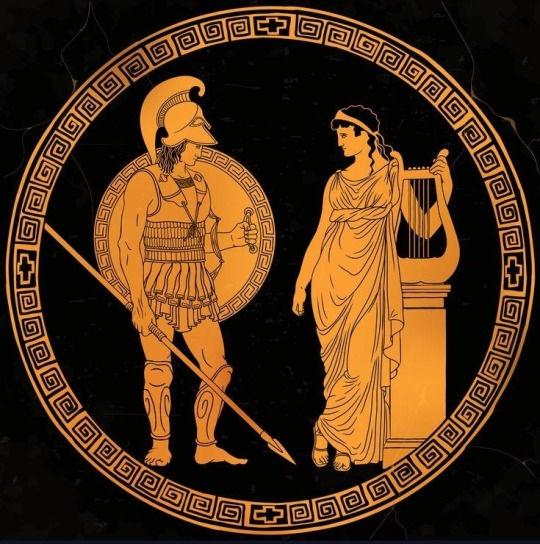
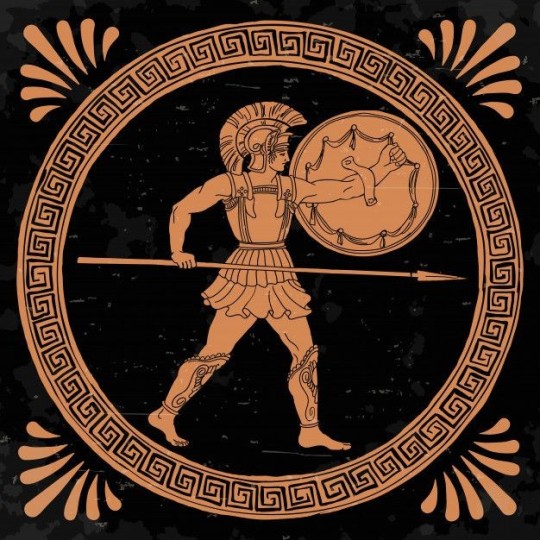
#hellenismos#classics#greek history#ancient history#ancient greek#ancient greece#ancient languages#alexander the great
38 notes
·
View notes
Text
Reminder:
Your Gods are always there. Stressed? Pray. Nervous? Sing a hymn.
Not only has this helped my anxiety, it’s helped me form a closer bond with the gods.
1K notes
·
View notes
Text
Reminder!
Your gods care about you!
Even if you mess up sometimes (or most of the time)
Even if you forget holidays
Even if you forget offerings
They still love you
19 notes
·
View notes
Text
Hyacinth: Can we keep this a secret for now? I’m not sure I’m ready for anyone else to know.
Apollo: Of course :D
*Apollo, literally the moment he stepped foot on Olympus*: Hey everybody, Hyacinth and I are dating. It’s great, we are very happy, and your jealousy is appropriate.
19 notes
·
View notes
Text
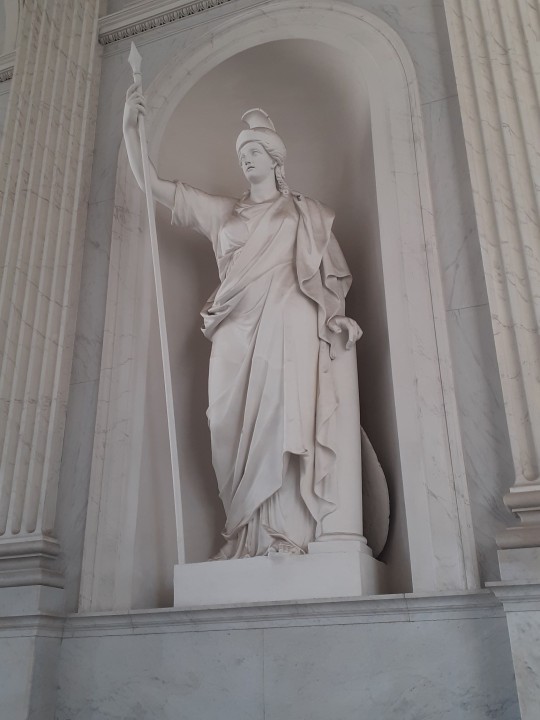
Is it safe to say this is Athena, isn't it? Waiting for corrections if someone knows better.
It's from the royal palace of Naples.
32 notes
·
View notes
Photo

At the Gate of Apollo, Naxos island, Greece by Dain Anderson.
3K notes
·
View notes
Text
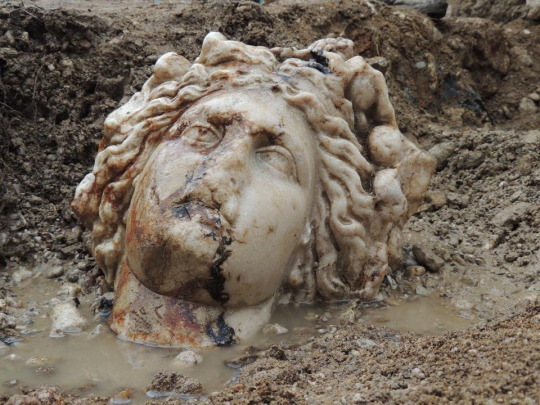
Head of Dionysus, the god of wine, uncovered in an archaeological dig in the ancient city of Aizanoi, Turkey
21K notes
·
View notes
Text
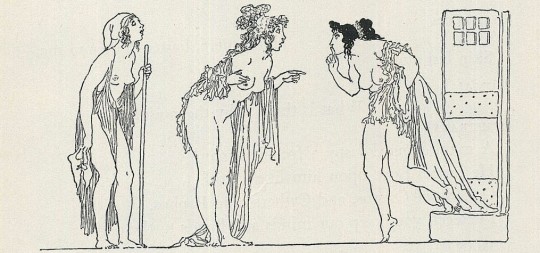
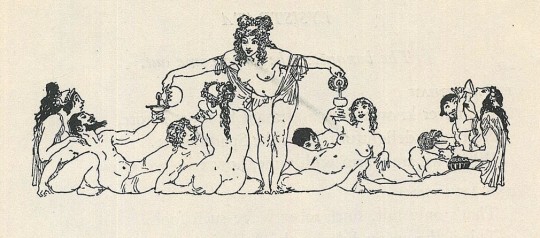
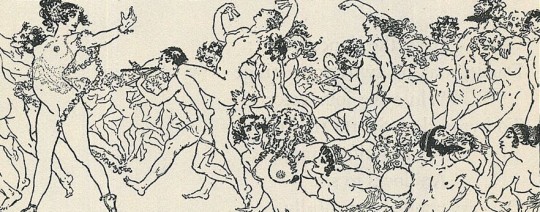
Illustrations from Aristophanes' Lysistrata by Norman Lindsay (1930)
20K notes
·
View notes
